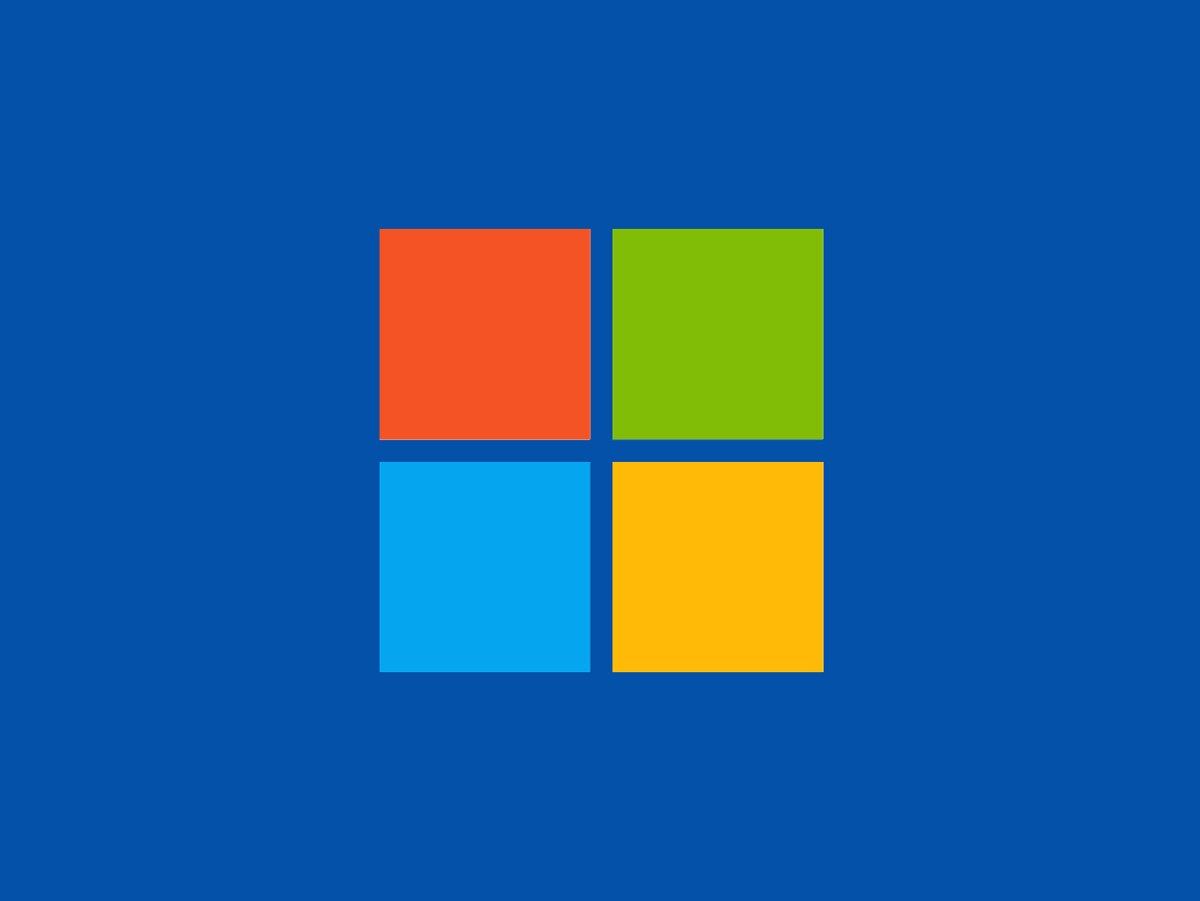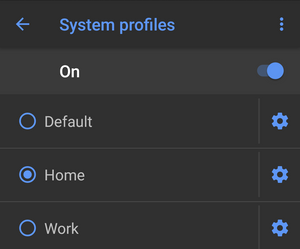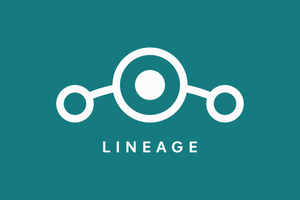-
Package manager: Chocolatey
Why not enjoy the same privilege GNU/Linux users have had for decades?
Chocolatey is a package manager for Windows with developer and user curated packages, all of which are verified and scanned for viruses or security flaws with the package itself. It is essentially a PowerShell script, but quite a powerful one. Most of the software you already use is likely on there. It provides dependency resolution and batch updating. Why waste your time going through software you have and updating it manually?
-
Web Browser: Firefox Developer Edition
I chose Firefox for my main browser mostly due to privacy concerns, although Chrome outperforms it in some areas. It is open source, reviewed by the FSF and community oriented. The main benefits it has over competitors is the ability to customize it however you want, the heightened security and privacy measures, its extensibility and the Developer edition provides you with some excellent Web development tools. However, Firefox is known for its huge memory footprint, but that is not exclusive to it alone, since most full featured browsers suffer from the same. It is a consequence of the modern developments in web technology, a lot of which is implemented very bad.
I do use other browsers, such as Chrome as well, but that is only to address compatibility issues on websites I visit or if I need to bypass some geofilter with the proxy it runs automatically. -
E-mail Client: Thunderbird
A lot of the reasons I chose Thunderbird are the same as why I chose Firefox. It is the industry standard, it supports proper encrypted connections and reliable storage of credentials. However, unlike other alternatives, it tends to use a lot of memory and disk resources, especially if you have a lot of accounts.
-
Instant Messaging and Audio/Video communication: Discord / qTox
Sadly, no good open source alternative exists for Discord. The developers are aware of that, which is why they do not hurry with feature requests or bugfixes. Their overall team seems to disregard user feedback and uses outdated cringy references and memes when it comes to their product and communication. However, it provides a good quality Audio/Video using the latest and greatest compression codecs, a excellent server/room administration toolkit and is not particularly resource heavy. It has a nice UI and a simple user account system and hey, it beats using Skype :)
Sometimes, I use other software such as qTox when I have to communicate with certain people and make sure the communication is as secure as possible. -
File compression: 7-zip
7-zip has been the tool of choice for over a decade when you want a powerful and and the same time, computationally inexpensive compression. Its small package size plus its plugin support and advanced context menu operations make it one of the most powerful options out there.
-
File sharing: qBitTorrent
While new and still being fully developed, qBitTorrent has proven to be a sturdy and lean client for everyday use. It supports many common p2p torrent features, but also boasts an excellent bandwidth monitor, peer filtering, advanced tracker control and a good plugin engine. With recent patches, leading to version 4, it has blown its main competitor, Deluge, out of the water, especially with their ongoing libtorrent issues.
-
File recovery: TestDisk Recuva
TestDisk is hands down the most thorough and reliable tool when it comes to file recovery. Initially, the Windows port had some issues, but as of version 6.6 and above, it works perfectly by my experience. It is apparently, still in beta, but works just fine enough. It recognizes even UNIX and BSD filesystems and can recover partition contents to any drive, which is really useful in case you multiboot often.
If you need to search by folder or for a file you deleted just recently, Speccy would be a better choice for the task, since its breadth search is faster, can be customized by location and recovers most files. The downsides to that is that it recovers a lot of false positives (empty files, corrupted files) and shows as a successful recovery. -
System information: HWiNFO Speccy
For the purpose of system maintenance and temperature control, one might often need to check up the system hardware information and system temperature readings. One really good piece of software that does that is HWiNFO. It is FOSS, light with a minimalistic interface and it presents as much info as you would want it. Using a very accurate detection method, it is the first choice for many.
However good it is, it does not show everything. In such a case, you could use Speccy in order to see more details about specific parts of your computer and the overall build. It should only be used if necessary, since it has been known to give false information. -
System maintenance: CCleaner
This is another useful Piriform tool designed to be a one-stop shop for system maintenance, geared at average users. It features stuff like garbage collection of obsolete files, cleaning your registry from obsolete entries and a pretty good uninstall menu. Along with those, there is another often underlooked feature, which is the duplicate file remover and although it runs a little slow, it does its job very well. Better yet, if you're lazy and don't want to run this manually from time to time, there is even a service option, that will do all this for you, automatically when stuff clutters up.
There is also a Pro version to CCleaner, but I see no ostensible reason to ever go for it, unless you want to support them. -
Coming from using MPC-HC for over than 4 years, switching recently to mpv as my primary video player was not the easiest of tasks. The vast difference they have when it comes to their user interface and controls was stunning. It was easy to get used to, however, as soon as I shook off my habits from MPC-HC. I mainly moved due to the end of support MPC-HC's team announced, but what I was hearing about mpv was another factor. It could play many more filetypes MPC-HC couldn't handle, the seeking was way better and so was the hardware footprint. I decided to try it out and I am not dissapointed. It has played everything I have thrown at it, excluding some streams and devices, which is why I still use VLC from time to time. Especially with the latest updates, it has made watching any stream as easy as 1, 2, 3.
-
Audio player: Foobar2000
This software is legendary among audiophile groups for its good support, minimalist design and interface and extensibility through the plugin system it features. It has various themes, layouts, visualizations, DSP filters and anything else you might possibly need. Many often make the mistake by saying that it replaces WinAmp. In fact, it does much more than WinAmp, while debloating it and retaining some compatibility with even its plugins. Its development is done by the Xiph.org foundation, which is why it is always on the cutting edge of audio processing technologies.
-
Image viewer: ImageGlass
ImageGlass is a fully functional replacement for your inbuilt photo viewer. It is much lighter than what you currently have and supports non-native formats like .gif and many uncompressed image formats like .svg and similar. It is made by a single Viatnamese student on the premise that nothing that fit his criteria for the software he needed existed, so he made it himself. I agree with this line of thinking also, which is why I find the things he has done with ImageGlass even more amazing.
-
Video editor: Vegas Pro 14
Unfortunately, there are not any viable FOSS solutions when it comes to video editing. Maybe since it was originally mainly a professional occupation, most of the development in that area was proprietary in order to fend off competition, forgoing any improvements that are likely to come from your users directly if they could see the code.
For this reason, I was forced to choose a proprietary solution and the best one out there, when compared, was MAGIX's Vegas Pro, formerly owned by Sony. It is a fully fledged video editing suite, often used in production by huge media and film companies as you can achieve some superb results if you are skilled in using it. It has a pretty good hardware acceleration if you use any modern GPU, there is 4K support, RAW processing and a pretty good multitrack audio environment for mixing. And that is just to name a few. What sells it for me, except all that, is that there are often big sales for it and I got it for as low as 20$. -
Audio editor: Audacity
This is a piece of software that is used by hobbyists and professionals alike. It provides the essential features one might want and even has some distinctive features like its easy to use plugin system, it's lossless processing and simple interface. The last part is debatable, since often people say the UI is clunky, since everything is clumped on the top without any sorting, but I personally find that more organized, since once you get the hang of it, everything is right there for you to use without going into much submenus and windows. One thing people often forget to do with Audacity is to install its FFMPEG and LAME plugins to ensure and expanded file support list, which is a damn waste.
-
Image editor: GIMP Krita Inkscape
Now, when it comes to image editing in its broad definition, there is no one program to use. Instead, you use software based on what you want to do. GIMP is good for image editing due to the vast amount of tools and features it has, Krita is most useful to graphic artists due to its enormous support for pressure tablets and other input devices and Inkscape is useful for when you need to do any vector art.
I do not feel the need to go any deeper on why that is, since the community and perception of them are already pretty wide and its easy to see why because of it. -
Text/Code editor: Notepad++ Brackets
This is another case of "Pick the best tool for the job". Notepad ++ is superb when it comes to single file editing or creation, because of its advanced markup features and language compatibility, but when you're working with a project or making one, you would need something with a bit of a structure behind it. Brackets offers just that as well as excellent support for most web development langauges and even has a live preview feature, that some have managed to get working with Firefox instead of Chrome.
-
PDF reader: Sumatra PDF
Sumatra PDF is another in the list that follows the line of the minimalistic interface and package with the core functionality you will need. It is made by an independent developer somewhere in Poland, who really likes his word preformatting. Irregardless, the software offers support for ther file formats like .epub for any e-books out there and tabbed browsing of files if you plan on working with more than one at the same time. And if you want to continue later, you can just close Sumatra as it will remember the documents you had opened and at what page they were.
-
Office suite: LibreOffice
With the selling of OpenOffice to Oracle and the disagreements its developers had about the project with them, LibreOffice was born. The original creatorspacked their bags and vowed they would outcompete Oracle.
LibreOffice is a fully functional replacement for Microsoft's Office package and in some aspects, it is even better. LibreOffice features support for multiple filre formats, including those produced by other Office suites. With recent versions, the developers added support for working with cloud solutions, which is something seen in very few other similar pieces of software. The best thing about it is that LibreOffice is multiplatform, meaning that you don't need to worry for compatibility when you edit between different devices. -
Antivirus: RogueKiller
Now, ideally you wouldn't be using an Antivirus. I would strongly advise you against. One thing that I like to say is that the user is the best antivirus there is. But, I realize that often users either do not have the knowledge, time or willingness to fend off threats that might come their way, so a automated solution that covers most risks might be acceptible.
In such a case, I have found RogueKiller, when combined with the appropriate Microsoft antivirus solutions depending on your OS (MSE for Windows 7, and Defender for Windows 10), it creates a near-impenetrable wall to safeguard your PC from malicious code. It is FOSS and light on everything, except your Disk resources, as is normal for any Antivirus out there.
Another possible solution if you want to bypass Microsoft's antivirus products, is to get a Malwarebytes Premium license, which often go on sale, so there shouldn't really be a problem.
In the case you want total security, you can look at software like PeerBlock. Beware, since it requires the user to be heavily involved in order for it to be functional. -
Screenshots: Greenshot
Everyone has that moment when they need to screenshot something for whatever the reason. The traditional method was to press PrtScr, then paste in msPaint and crop if needed. With the emergence of Windows 7, a new tool was added to the OS. The Snipping tool's goal was to make the process of capturing a screenshot easier and it did, since a lot of users started going that way. In recent years, however, specialized third party software was refined so it takes all of these advancements and furthers them even more.
In my experience, Greenshot has the best balance between usability and resource usage. It is small, modular and highly customizable. It can upload to many places with the proper plugins automatically and has several processing options once you get your screenshot. You can set a default option, conditional options and others. -
CD/DVD/BD burning: InfraRecorder
InfraRecorder is an underdog, when compared to its counterparts. Due to bad initial releases, a lot of people know it as a bundled mess, so they don't try it ever again. However, currently it is one of the best burners out there, despite there not being a lot of active development on there. It can burn almost any media on almost any disc. It can clone them, image them, check them and others. One bug it still retains, however, is the improper optical media allocation, allowing sometimes overburn.
-
Benchmarking: PassMark Performance Test
PassMark's Performance Test is a PC benchmarking suite designed to see what your hardware can dish out. It tests 5 main areas. CPU, Memory, 2D and 3D performance and Disk performance. It has an evaluation time of one month, but even after that, the core functionality is still there and you can rerun it if some one your hardware changes or you're trying to optimize the PC. The one flaw it has is that some obscure GPU's cause it to crash and it is not open source.






